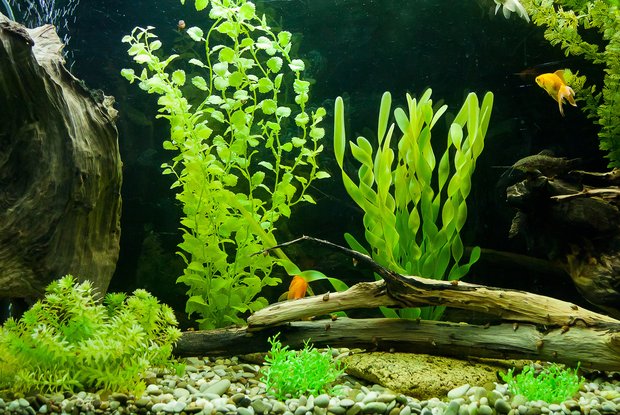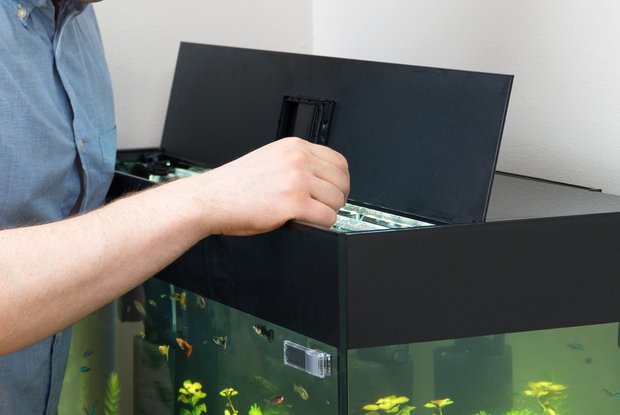
Excessive feeding
Many aquarium owners often mean too well with their animals and feed too much food. When feeding, one should keep in mind that the food should be eaten within a few minutes. If food is still in the aquarium water after a longer time or if a lot of food sinks to the bottom, it was too much.
If too much food is added to the aquarium, there may be an overgrowth of bacteria that break down the food. This can lead to an unpleasant odor. Therefore, be sure to adjust feeding to avoid possible odors.
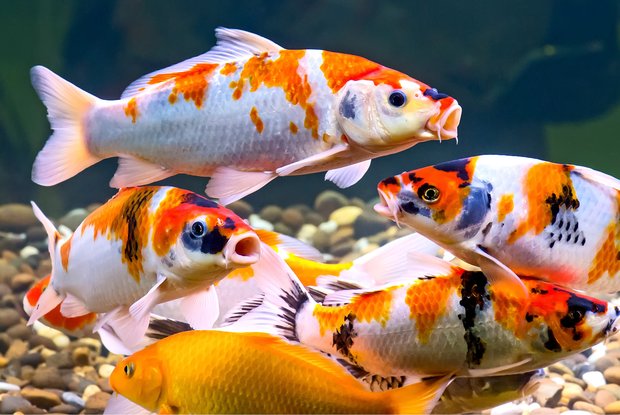
Overstocking
Overstocking of fish can also lead to bad odors in the aquarium. If there are too many fish or other inhabitants in the aquarium, this leads to an increased accumulation of organic waste and high water pollution.
Therefore, reduce the population in your aquarium and perform regular water changes to reduce the load and thus bad odors.
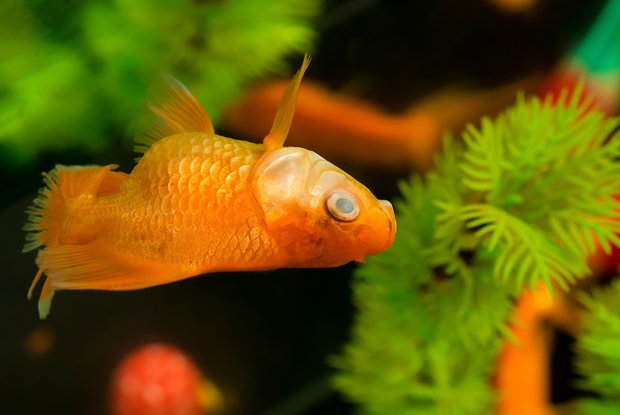
Dead fish
If fish or other inhabitants of the aquarium die and are not removed quickly enough, they will rot just like plant remains or fish excrements as dead organic material and deteriorate the water quality in the aquarium.
Therefore, regularly check your stock and also search hiding places for possible deceased animals, which you should then immediately remove from the aquarium.

Poor water quality & reduced filter performance
If the aquarium is not adequately cleaned or if the water has not been changed for too long, there may be an accumulation of organic waste, which can lead to a foul odor. The same is true if the aquarium has inadequate filtration.
Therefore, check your filter for possible contamination and rinse it with lukewarm osmosis water to avoid harming the beneficial bacteria. Also, perform regular partial water changes and keep an eye on water levels to ensure optimal water quality. However, too frequent water changes can also be detrimental as it can kill the beneficial bacteria and imbalance the water biology.
We recommend weekly water changes of 10-20% and regular application of our MICROBE-LIFT Special Blend, for a perfectly functioning water biology in any aquarium.
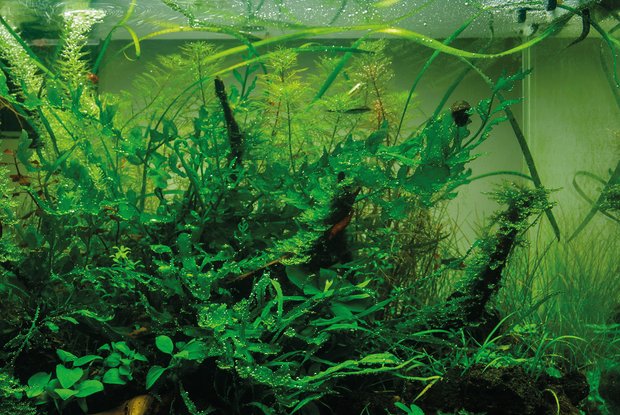
Algae
Too high a nutrient supply promotes the appearance of algae. Therefore, adjust the feed and fertilizer dosage and remove any organic residues from the aquarium. In addition, a large water change should be performed. Controlled lighting and the use of a UVC clarifier can also help combat bacterial blooms.
After that, make sure that you have an immediate biological balance in your aquarium. We therefore recommend the use of MICROBE-LIFT Special Blend as well as our fertilizer series.


